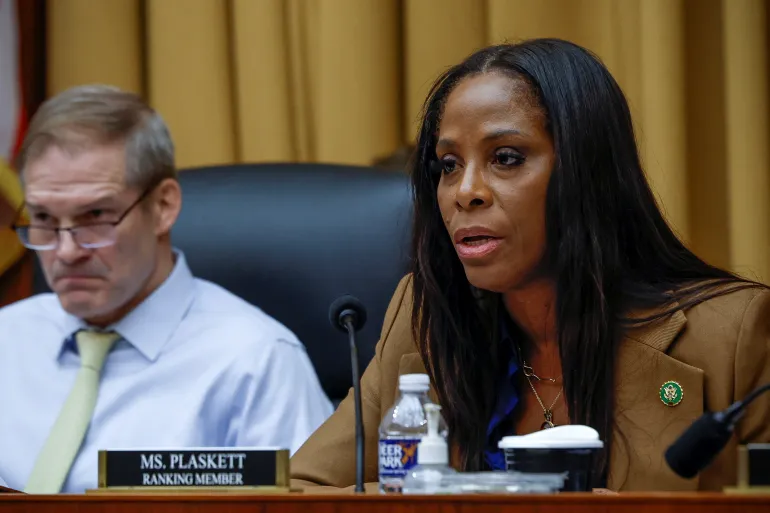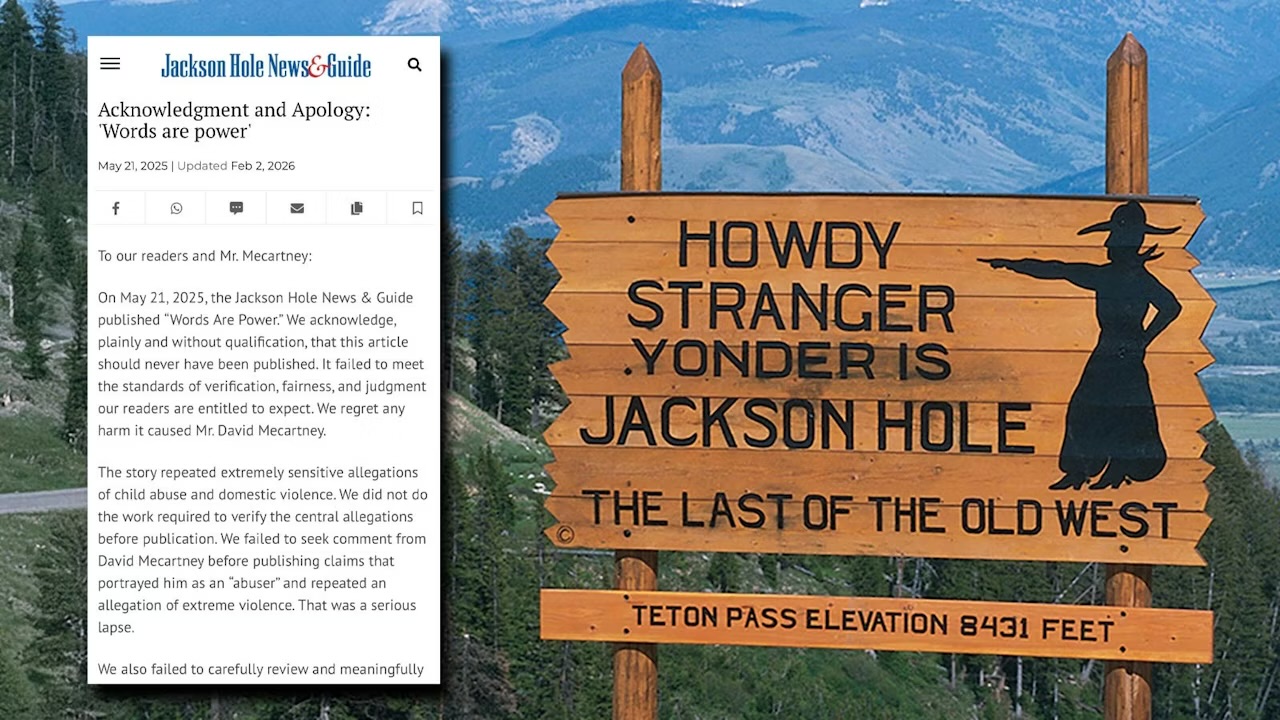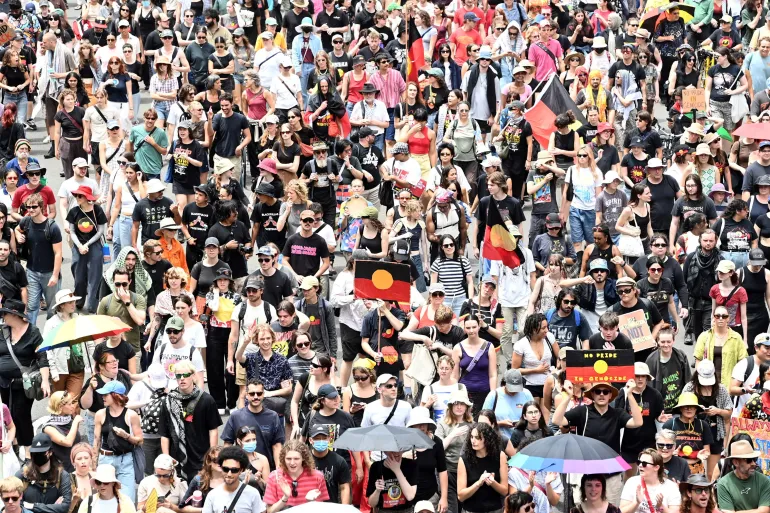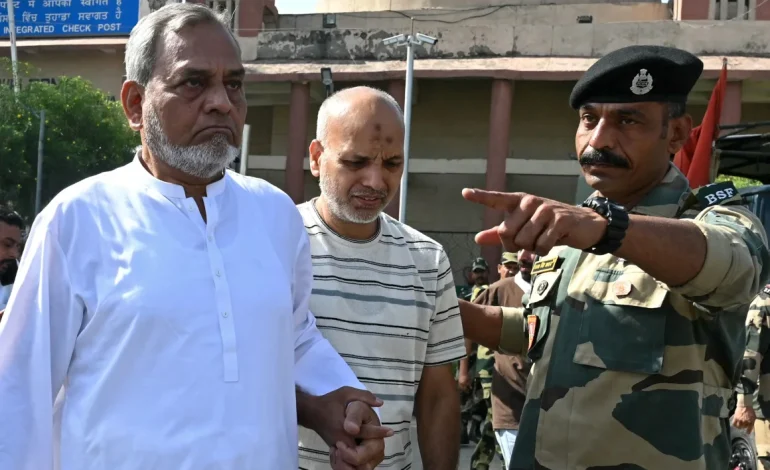Tensions between India and Pakistan have sharply escalated following a deadly attack in the disputed region of Jammu and Kashmir that left 26 people dead, including 25 Indian nationals and one Nepali citizen.
The massacre occurred on Tuesday in Pahalgam, a popular tourist area in Indian-administered Kashmir.
Gunmen opened fire on a group of sightseers in a remote mountain valley accessible only by foot or horseback. Eyewitnesses described a brutal scene, with attackers allegedly singling out individuals and accusing them of political allegiance before shooting. The incident has sent shockwaves across the country and ignited fresh political and diplomatic tensions between the neighboring nuclear-armed states.
A militant group called The Resistance Front (TRF) has claimed responsibility for the attack. TRF, designated a terrorist organization by India, emerged in 2019 and is believed to have links to the banned Pakistan-based group Lashkar-e-Taiba, which was behind the 2008 Mumbai attacks. Police in Kashmir identified three suspects in the attack, including two Pakistani nationals.
In response, Indian Prime Minister Narendra Modi vowed a strong retaliation.
“India will identify, track, and punish every terrorist and their backers,” he declared during a speech in Bihar.
The Prime Minister called the massacre one of the worst on civilians in nearly two decades.
India has taken a series of punitive measures against Pakistan, including downgrading diplomatic relations, suspending a key border crossing, and halting participation in the Indus Waters Treaty — a landmark 1960 agreement on water-sharing that has long survived the countries’ hostilities.
Pakistan, denying any role in the attack, called India’s actions provocative. Power Minister Awais Leghari labeled the treaty suspension “an act of warfare,” while Pakistan’s Prime Minister Shehbaz Sharif convened a national security meeting to formulate a response. Islamabad has since expelled Indian diplomats and closed its airspace to Indian airlines.
Kashmir, a territory claimed in full by both India and Pakistan, has been a flashpoint for conflict since the two countries gained independence in 1947. The region has witnessed violent insurgencies, with thousands killed since the late 1980s. In 2019, India revoked Kashmir’s special constitutional status, a move that drew strong criticism from Pakistan and intensified unrest.
Following the attack, anti-Pakistan protests have broken out in India, and concerns are mounting over rising communal tensions. Meanwhile, local residents in Kashmir held protests of their own, condemning the violence and expressing solidarity with the victims.
Tourism, a major economic driver in the region, has already taken a hit. Local businesses report mass cancellations, casting uncertainty over the area’s immediate future.










The latest news in your social feeds
Subscribe to our social media platforms to stay tuned